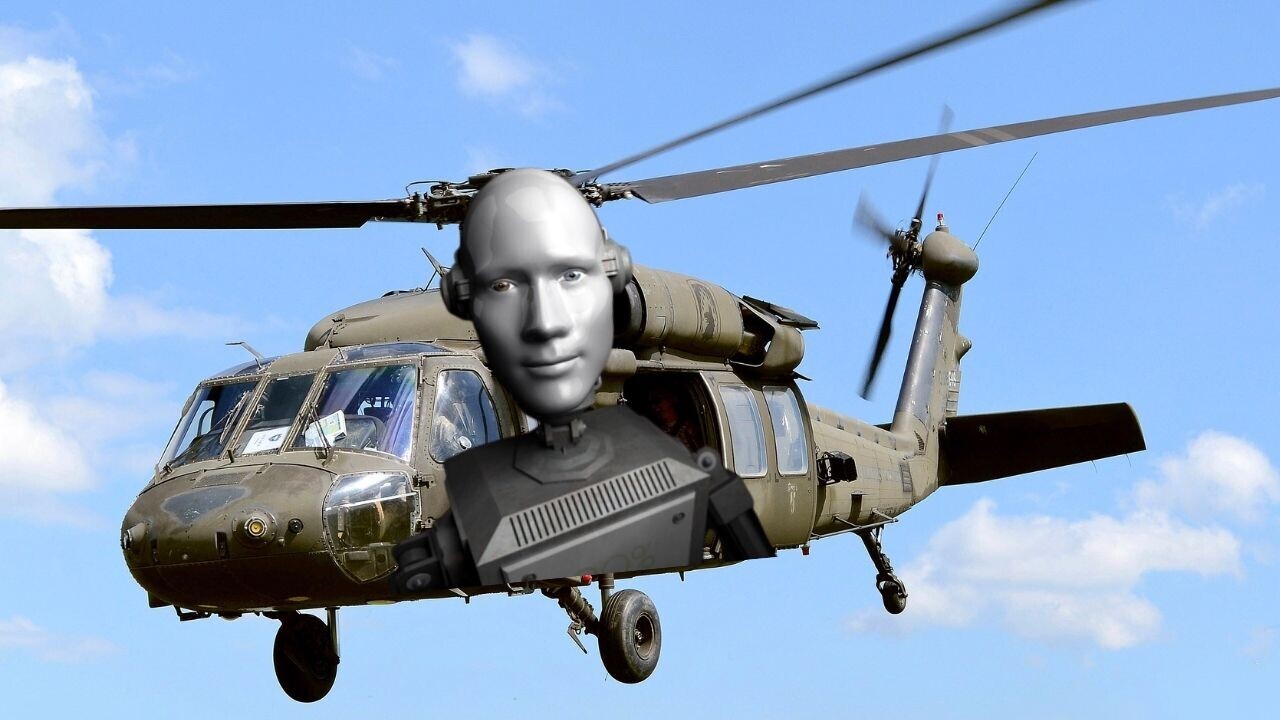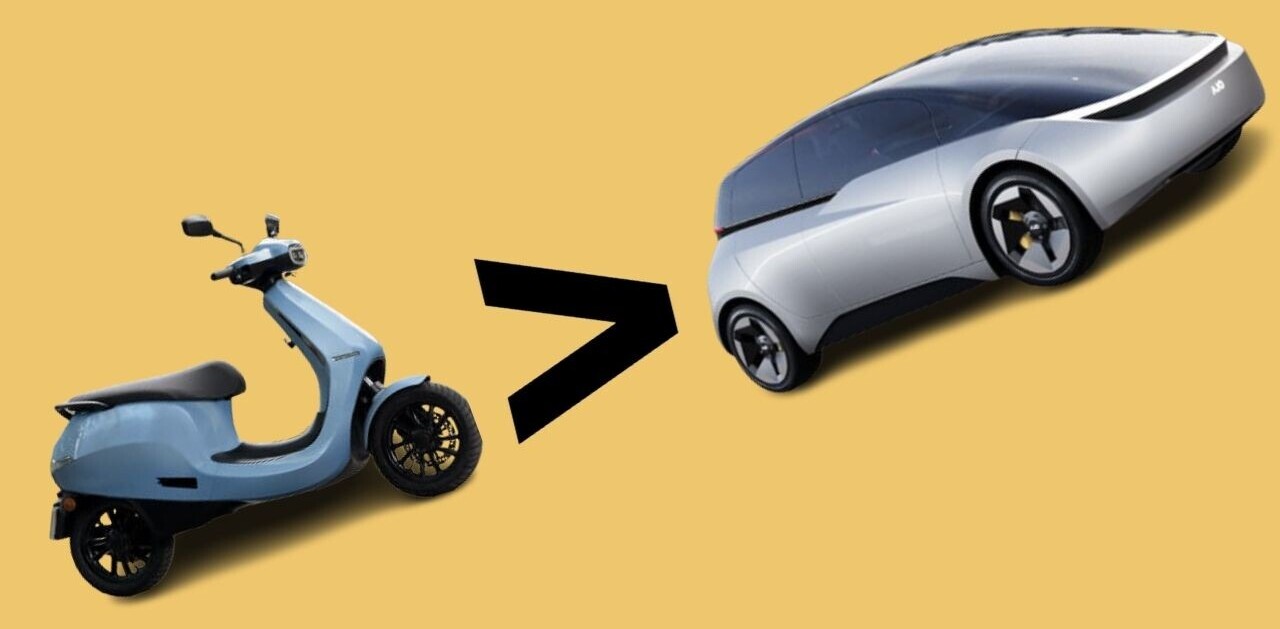
This past Saturday and Monday, a UH-60A Black Hawk helicopter took flight for the first time without anyone on board.
Each time, the helicopter successfully completed 30 minutes of autonomous flight, according to a press release from the Defense Advanced Research Projects Agency (DARPA). You know, the US Department of Defense’s research arm.

These test flights are part of DARPA’s Aircrew Labor In-Cockpit Automation System (ALIAS) program, which aims to put “removable kits” into existing military aircrafts to “promote the addition of high-level automation.”
Impressive, but hella ominous.
Let me explain.
According to Stuart Young, program manager at DARPA, “with ALIAS, the Army will have much more operational flexibility.” As he explains, this includes “the ability to operate aircraft at all times of the day or night, with and without pilots, and in a variety of difficult conditions, such as degraded visual environments.”
This actually sounds like a good thing, right? Such tech can make aircraft smarter and safer for human pilots. So where’s the terrifying part?
As a second advantage, Young mentioned that the reduced workload allows pilots to shift their focus from the mechanics of flying to “mission management.”
And while the word “mission” isn’t expanded upon, it’s not too hard to guess what he’s referring to. Black Hawk helicopters serve a variety of purposes: reconnaissance, evacuation, special ops, search and rescue, and… combat assault.
For example, they can be fitted with firing guns, rockets, and missiles.
Taking the pilot out of the equation means that autonomous Black Hawks can have an extra military edge: more crew for armed missions.
And let’s take it one step further, because it’s a gloomy day here in Amsterdam and I feel like contemplating where humanity is going.
Call me a doomsayer, but I believe that the next level of military aircraft automation will be completely autonomous helicopter killbots. And with our technological progress, a scenario in which countries make airborne robots fight their wars isn’t unimaginable.
Yes, robots destroying each other is much better than human armies killing each other. But who’s to say that autonomous killer aircraft won’t launch attacks in cities against civilians?
And what about the ethical implications?
I personally hope we won’t reach a future where Skynet-style Hunter-Killer autonomous aircraft will become the norm. I’m more interested in traveling around the country in my car, while safely watching a movie with a tasty cocktail. Could we all just focus on that, please?
Get the TNW newsletter
Get the most important tech news in your inbox each week.




